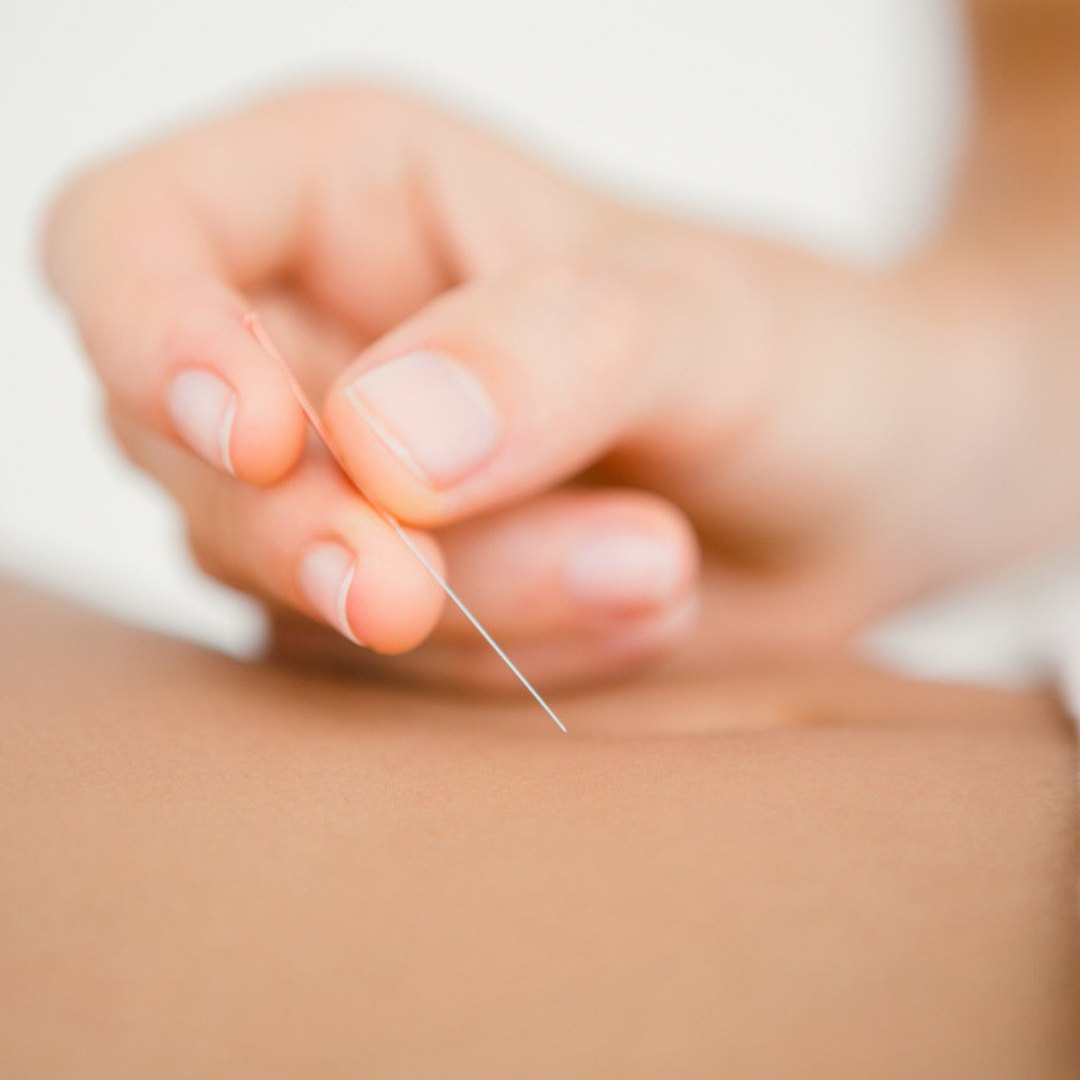How Traditional Chinese Medicine Helps with Infertility
Traditional Chinese Medicine for fertility focuses on addressing both male and female infertility. Infertility is defined as the inability to conceive after 12 months of regular, unprotected intercourse. Women who cannot maintain a pregnancy after conception are also considered infertile. Common signs of infertility in women include irregular menstrual cycles, amenorrhea (absence of periods), excess hair growth, or weight issues such as obesity. Recognizing these symptoms early is important for timely treatment. This article primarily explores infertility treatment for female patients.
What Are the Risk Factors of Infertility?
- Age: Women over 35 experience a natural decline in both the number and quality of eggs, which is a significant factor contributing to signs of infertility and reduced chances of conception.
- Smoking and Alcohol: Excessive smoking and alcohol consumption not only decrease fertility but also increase the risk of miscarriages and ectopic pregnancies, making it harder to maintain a healthy pregnancy.
- Weight: Being overweight or underweight can disrupt ovulation and hormonal balance, both of which are vital for fertility. Maintaining a healthy weight is crucial for improving fertility acupuncture results and overall reproductive health.
- Stress and Mental Health: Emotional stress, anxiety, and depression can negatively impact fertility, though the exact mechanisms remain unclear. Addressing mental health concerns may improve outcomes in infertility treatment for female patients.
- Multiple Miscarriages: A history of multiple miscarriages increases the risk of complications in future pregnancies, making it an important factor to address when evaluating fertility.
- Sexually Transmitted Infections (STIs): STIs can cause damage to the reproductive organs, leading to blockages or other complications that affect fertility and the ability to conceive.
What Are the Common Causes of Infertility?
Regarding female infertility, the main causes include ovulation disorder, fallopian tube damage or blockage, endometriosis, uterus and cervical issues, and unexplained infertility.
1) Ovulation disorder accounts for around 25% of infertile couples. It is mainly due to issues of reproductive hormones, which are known as dysfunctions of the hypothalamic-pituitary-ovarian axis. The most common type is polycystic ovarian syndrome (PCOS), which is characterized by the presence of tiny cysts on the outside of the ovaries and results in disrupted menstrual and ovulation cycles.
2) Fallopian tube damage or blockage can prevent sperm from reaching the egg or block the passage of a fertilized egg into the uterus. This damage or blockage may be due to pelvic inflammatory disease (PID) or scar tissue from a previous surgery.
3) Endometriosis. This occurs when endometrial tissue migrates to other parts of the body, including the pelvis and uterus. This can cause damage to the ovaries and fallopian tubes and may also affect the lining of the uterus, which interferes with the implantation of a fertilized egg.
4) Uterine shape could affect embryo implantation and the ability to remain pregnant.
5) Scarring in the uterus may increase the risk of miscarriage and interfere with implantation. Sometimes, abnormal cervical mucus may interfere with sperm transport, causing infertility.
How Is Infertility Explained in Traditional Chinese Medicine (TCM)?
According to TCM theory, fertility is intimately related to kidney essence and is affected by the Conception vessel, the governor vessel, and the penetrating vessel. The pathogenic factors are mainly due to phlegm and dampness, blood stasis, liver Qi stagnation, and kidney deficiency. It also emphasizes that the normalizing period is the key step to getting pregnant for females.
Typical Patterns Are As Follows:
1) Liver stagnation and Kidney deficiency, which are characterized by becoming easily irritated, upper abdominal pain, irregular periods, lower back pain, weak knee and low sexual desire.
2) Qi stagnation and blood stasis, which is characterized by painful periods, large clots in the menstrual blood, prolonged periods or amenorrhea (no period).
3) Liver and Kidney yin deficiency, which is characterized by early periods, prolonged periods, or uterine bleeding and being thirsty often.
4) Spleen and Kidney yang deficiency, which is characterized by light period flow or amenorrhea (no period), obesity, abdominal cold & pain, low back pain, swelling, and lack of sexual desire.
Acupuncture for Infertility
Fertility acupuncture is a key component of traditional Chinese medicine for fertility. It is often combined with heat therapy or moxibustion to target specific areas of the body. Acupuncture works to soothe the liver, get rid of phlegm, drain dampness, activate blood, and tonify the spleen, liver and kidney.
According to meridians and collaterals theory in TCM, three main extraordinary meridians originate from the uterus, i.e., the Conception vessel, the governor vessel, and the penetrating vessel. In addition, a few meridians are passing through the uterus area, namely the liver channel, spleen channel, and kidney channel. Once these channels are regulated, the uterus is expected to function well.
Recent studies have shown that fertility acupuncture can promote follicular development, enhance endometrial receptivity, and increase tubal patency, all of which are essential for conception. Acupuncture has been recommended as a viable method to help improve pregnancy outcomes by supporting the body’s natural fertility processes.
How Many Sessions Are Needed?
Usually, it is recommended once a week for 6-8 weeks, and then the practitioner will reassess your body condition and discuss with you the next treatment plan.
Infertility Treatment for Female with Acupuncture and Traditional Chinese Medicine
At Innate Wellness, we offer a comprehensive approach to infertility treatment for female patients through the healing practices of Traditional Chinese Medicine (TCM) and fertility acupuncture. Our experienced practitioners use a combination of acupuncture, dietary guidance, and Chinese herbal medicine to support your reproductive health and improve your chances of conceiving naturally.
By addressing the root causes of infertility—whether it’s hormonal imbalances, ovulation disorders like PCOS, or conditions like endometriosis—we create personalized treatment plans to improve your body’s overall health and fertility. Acupuncture has been proven to regulate the body’s energy, increase blood flow to the reproductive organs, and promote ovulation and endometrial receptivity. Alongside TCM, our team works to improve your natural fertility and help you maintain a healthy pregnancy.
If you’re experiencing signs of infertility or have struggled with conception, we invite you to explore our services at Innate Wellness. Our integrative approach blends the wisdom of Chinese herbal medicine with modern techniques to improve your reproductive health. Contact us today to book a consultation and learn how traditional Chinese medicine for fertility can help you on your journey to a healthy pregnancy.






